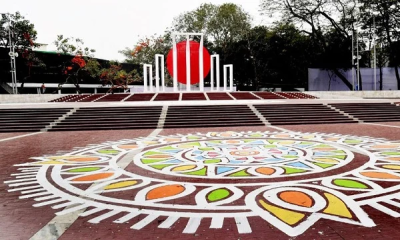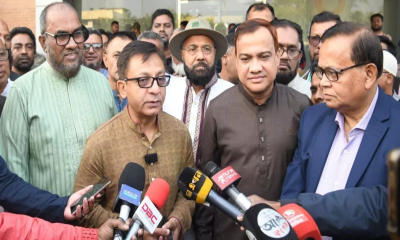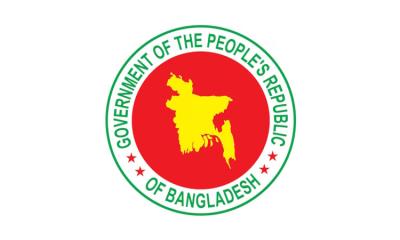The month of holy Ramadan is going on. The holy Eid-ul-Fitr is awaiting. The various markets of the capital are equipped with all the necessary items including various clothes, and cosmetics for the buyer. Businessmen are trying to overcome the economic losses caused by COVID-19 in the last two years.
25 to 30 thousand crores of taka have been transacted during last Eid. In total, the Eid economy exceeded one and a half lakh crores of taka. Due to the pandemic, people did not have enough money. So people limited their purchases at that time. Economic analysts believe that the size of the Eid economy will increase this time. But despite so much optimism, businessmen have fallen into a different kind of fear.
Yusuf Mia, a clothing shopkeeper at the Rajdhani supermarket, expressed such concern. He sells clothes in a temporary shop outside the market. He said, "No matter how much money I sell throughout the day, there is always a fear of fake money. There are cash-checking machines in the shops inside the market. So counterfeiters buy something of a small denomination and hand us fake big notes. Small traders like us have nothing to do then. If there are many customers, sometimes it is not possible to catch fake money with bare eyes. This may get caught when we pay the wholesalers or factory owners. Part of the day's profit ends there."
Economist of BIDS, Manzoor Ahmed also fears similar damage to the economy due to counterfeit money. Apart from ordinary people, some dishonest officials and employees may be behind the infiltration of fake money into banks and financial institutions.
Mollah Nazrul Islam, Special Superintendent of Police of CID, said that multiple teams of police including CID are active in arresting fake note dealers. As many of those involved are staying in different countries including India, it is not possible to arrest them. However, efforts are being made to ensure that the arrested cannot get out on bail quickly.
The central bank has advised the banks in the country to be alert to prevent this cycle of inactivity during the Eid season. For this, some special instructions have also been asked to be followed. Instruction in this regard has been issued from the Department of Currency Management of Bangladesh Bank on Sunday.
High-value notes should be verified by counterfeit note-detecting devices as soon as they are received and issued by banks, as well as before being inserted into ATM machines.
A visual report supporting the implementation of the discussed instructions must be provided to the Central Bank's Currency Management Department within 10 working days at the end of Ramadan.
Translated by: C.M. Farzana Akther (Junior Sub-Editor)














-20260220065859.jpeg)

-20260219110716.webp)
-20260219054530.webp)














